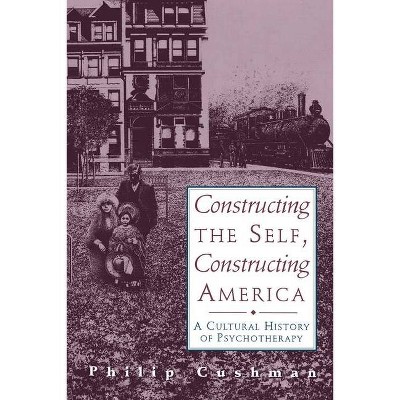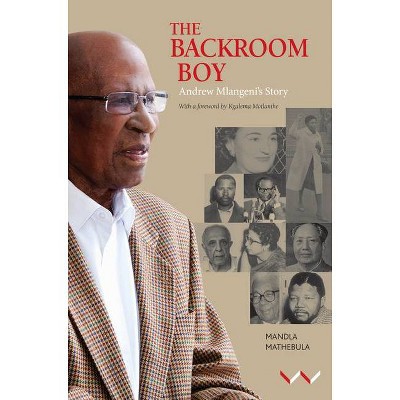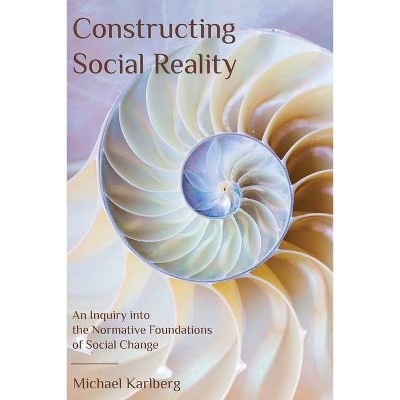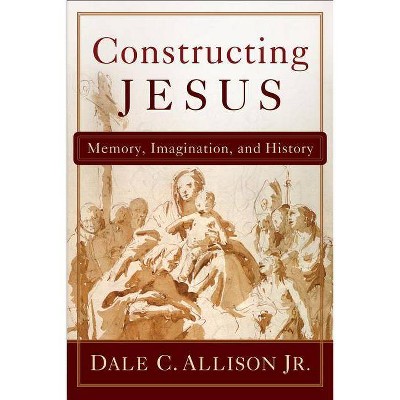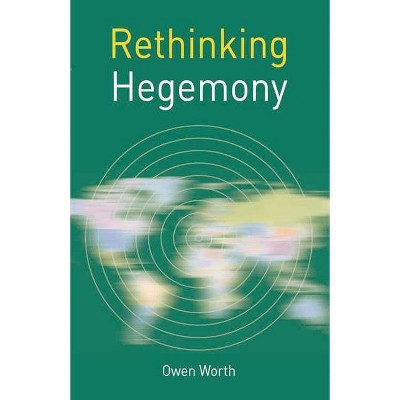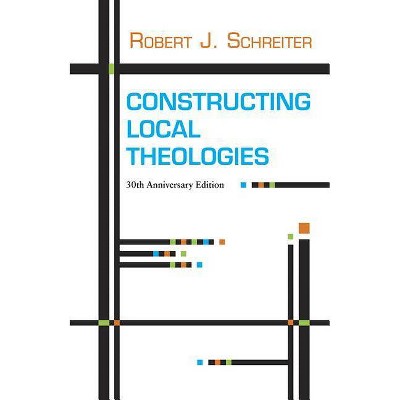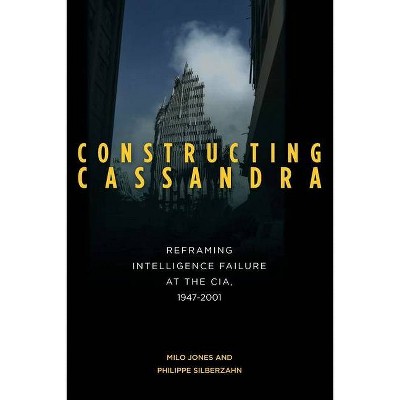Constructing Hegemony - by Mandla J Radebe (Paperback)
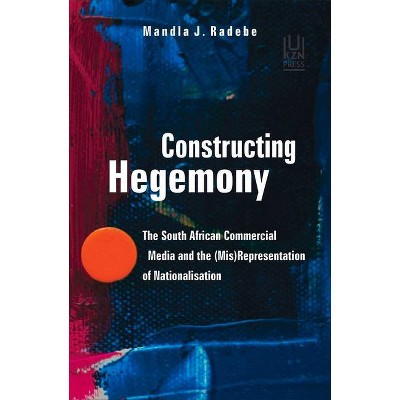
Similar Products
Products of same category from the store
AllProduct info
<p/><br></br><p><b> Book Synopsis </b></p></br></br>Post-apartheid South Africa continues to face challenges in its attempts at economic transformation for the benefit of the majority of the people, who were marginalized under decades of apartheid and colonization. This need for transformation has resulted in various policy initiatives, including the ongoing demands for the nationalization of the economy. The commercial media has a central role in shaping policy debates, but this media is an ideological tool as much as it is an economic resource, since it is owned and controlled by people with political and economic interests. It therefore tends to support and promote the interests of the owners. This book provides a Marxist critique of the representation of the nationalization of the mines debate by the South African commercial media. Radebe examines corporate control of the media in order to articulate the interrelations between the state, capital, and the media, and the way the commercial media represents, shapes, and influences public policy. He concludes that beyond factors such as ownership, commercialization, and the influence of advertising on news content, the global capitalist hegemony has a more powerful influence on the commercial media in South Africa than previously thought.<p/><br></br><p><b> About the Author </b></p></br></br><b>Mandla J. Radebe</b> is a senior research associate at the University of Johannesburg's School of Communication and a fellow of the Johannesburg Institute for Advanced Study. He is a communications practitioner with over two decades of experience in the public sector, financial services, information and communications technology, and higher education.
Price History
Price Archive shows prices from various stores, lets you see history and find the cheapest. There is no actual sale on the website. For all support, inquiry and suggestion messagescommunication@pricearchive.us
